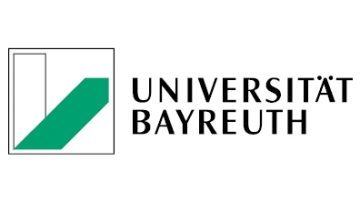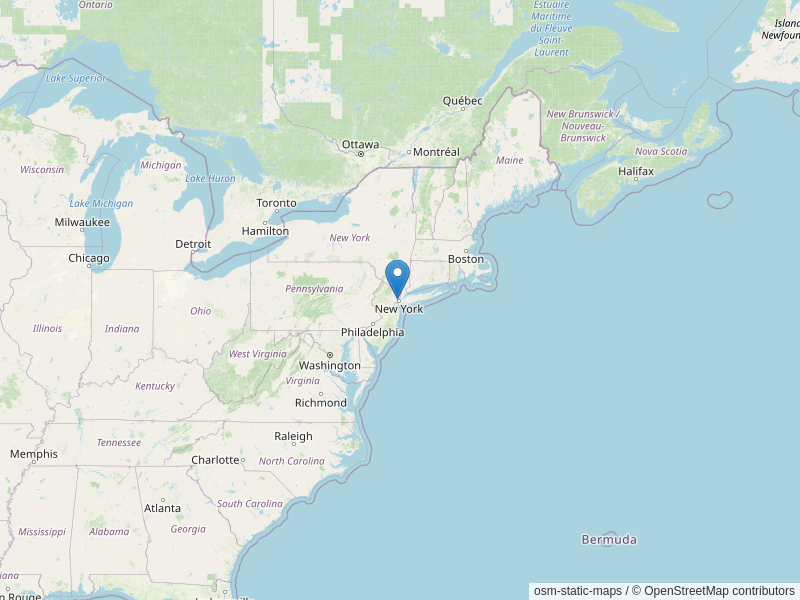Checklist for Study Abroad

Most American universities have a number of German partner universities where students can carry out their studies with course work completed there often counting towards their American degree.
If a study abroad stay is on your agenda, there are a few things to keep in mind to ensure that you get the most of the experience.
First
Be sure to start your planning well in advance. Study abroad stays most commonly take place during a student’s third year, but it is a good idea to look into the opportunities open to you during your first year or in the first semester of your second year.
As a first step, speak to the International or Study Abroad office at your school to learn more about your university’s partner institutions. Talk to the program office for your degree to find out which of the German partner universities is a good fit for your field of study. And don’t forget to find out what the application deadlines are at your university. If your university doesn’t offer an exchange opportunity that meets your interests, you can always apply for entrance to a German university directly.
Second
Try and determine what courses you’ll be able to take for credit while in Germany. If you don’t speak German, ask your International Office what courses are typically offered in English by your university’s German partner schools. It is not unusual for students doing a study abroad to take elective courses while in Germany as this can give you more flexibility and allow you to fill your timetable.
Third
Look into scholarship and grant opportunities open to you which might help defray the costs associated with studying abroad. Bachelor level students should make sure to apply to DAAD for a Summer Course Grant, while master’s students can apply to DAAD’s Study Scholarship program. However, even if you are applying to DAAD, be sure and ask your International Office whether your university offers any bursaries or scholarships for students heading abroad.
If a semester or year abroad does not work for you, there are a number of other opportunities you can pursue that will facilitate an educational experience in Germany. For example, many universities offer summer courses or study tours to Germany, often for credit. To learn see if anything like this is offered by your school, contact your university’s International or Study Abroad Office.
Naturally, DAAD also offers several support programs to students looking to spend time at a German summer school or on internship there.
Students of German who have at least two years of university level instruction (or equivalent) can apply to the University Summer Course Grant. The University Summer Course Grant provides recipients with a grant designed to help offset the costs associated with participation in a 3-4 week long summer program offered by a German university. These programs typically combine German language courses with others organized around a specific theme or field of study. For information on the specific programs on offer, visit www.summerschools.de.
If an internship is more to your liking and you are an Undergraduate Student studying in a field related to the Natural Sciences or Engineering, look into RISE, a research internship program that offers American undergraduates the chance to spend part of their summer semester working in the lab of a German PhD candidate. As the working language in the lab is English, no German language ability is necessary for most internships.
For those more interested in social and political sciences, the EMGIP Bundestag Internship may be of interest. This offers students with exceptional German skills to work at the German parliament and gain first-hand experience within the German political system.
Take a look at our Find Funding page for more information on the different scholarships and grant opportunities that DAAD offers to help you plan your stay abroad in Germany.













